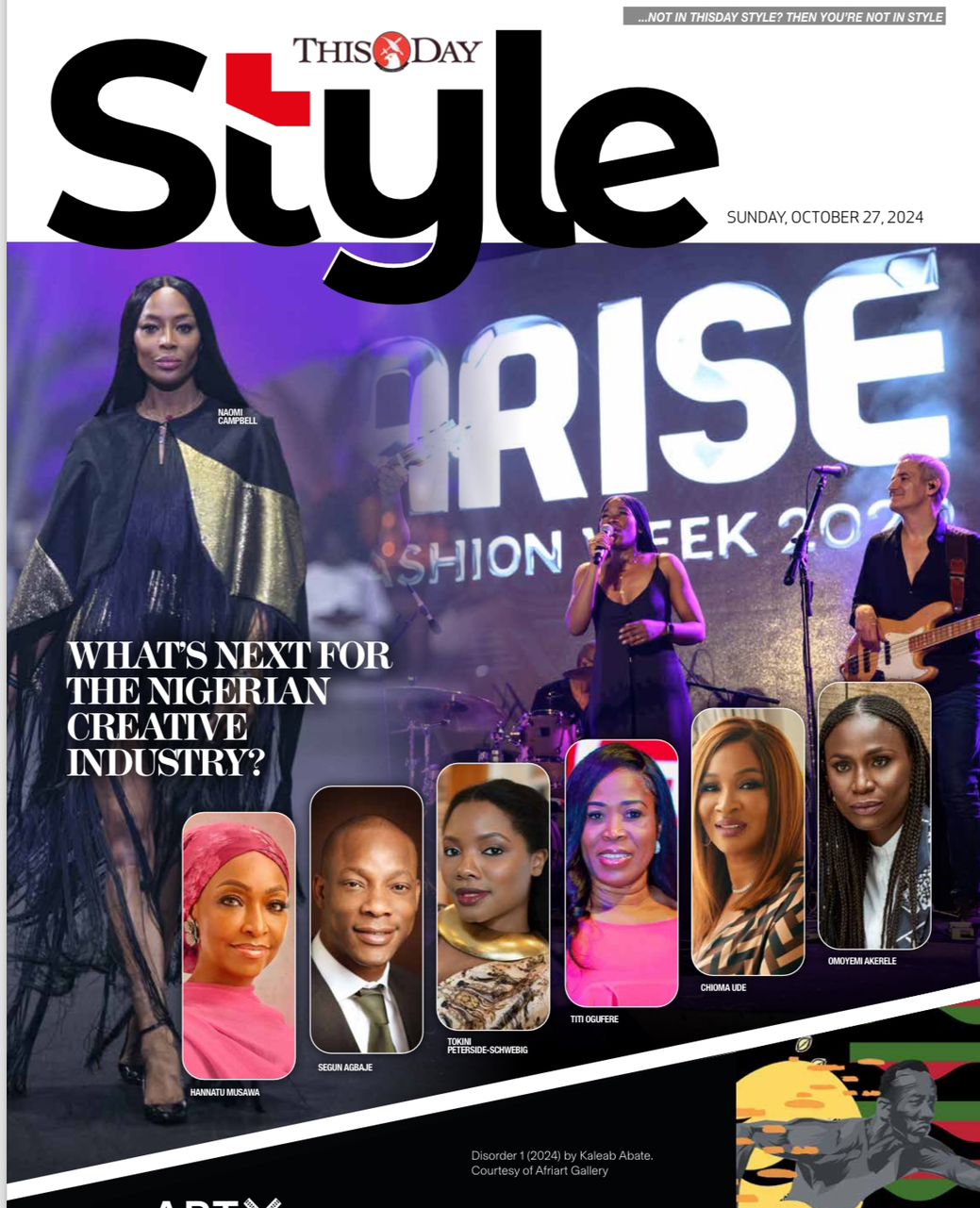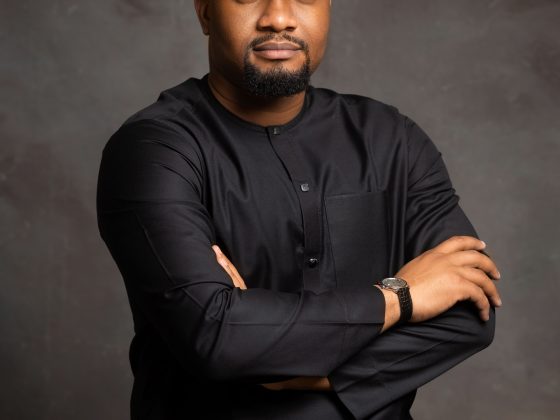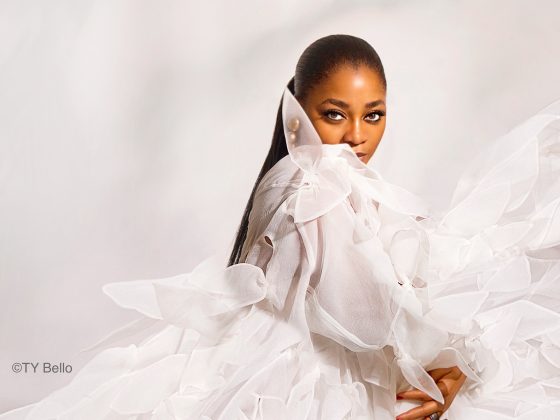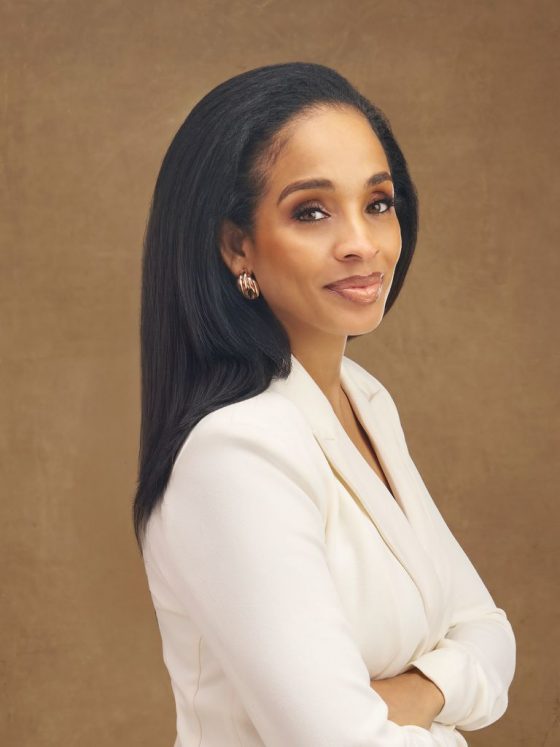We’re in the thick of what could easily be called the most exhilarating time for Nigeria’s creative scene. The energy is palpable, the conversations buzzing, and the streets of Lagos are alive with artistry and innovation.
The “creative season” is upon us, with a whirlwind of events like Lagos Fashion Week, Design Week Lagos, Art X Lagos, and the Africa International Film Festival (AFRIFF) sparking fresh conversations about the future of Nigeria’s creative industry. It’s a season not only of celebration but also reflection as we look at what’s next for an industry that’s evolving at a rapid pace.
Fashion: The Frontline of Nigeria’s Creative Boom
The Nigerian fashion industry has long been at the forefront of the country’s creative economy, and it’s no surprise that events like Lagos Fashion Week (LFW) and Arise Fashion Week serve as annual highlights. Lagos Fashion Week, founded by Omoyemi Akerele in 2011, has grown into a pivotal platform for showcasing Nigerian designers to the world. Year after year, it draws local talent, international buyers, and influencers, creating a global buzz around Nigerian fashion.
This year’s event is no exception and was a clear example of how the industry is pushing boundaries. The runway showcased a vibrant mix of established designers like Ejiro Amos Tafiri and Ugo Monye alongside emerging talents like Maliko. The event has also taken bold steps towards promoting sustainability in fashion, with the inclusion of the ‘Green Access’ initiative. According to the Business of Fashion, “The global push for sustainability is finally taking root in Africa, with Nigerian designers leading the charge.” Designers are incorporating traditional techniques with modern aesthetics, breathing new life into local fabrics such as Aso-Oke, Akwete and Adire.
On the other hand, Arise Fashion Week Nigeria’s fashion event has cemented its place as a powerhouse within Nigeria’s fashion calendar.
Known for its high-profile shows and international models,Arise Fashion Week, with its origins in 2008, stands as a bold voice for Nigerian and African fashion on the international stage. Not only does it showcase top-tier designers from Nigeria and the diaspora, but it also attracts international heavyweights like Naomi Campbell, who has consistently shown support for the platform. Speaking at the 2023 edition, Campbell said, “Nigeria is setting the pace for African fashion, and Arise gives it the global platform it deserves.” The event bridges the gap between Africa and the world, fostering cross-cultural exchanges that elevate African fashion.
In recent years, Arise Fashion Week has taken bold steps to include emerging designers, offering them mentorship and exposure. This inclusivity is crucial for sustaining growth within the industry. As the founder , Nduka Obaigbena noted, “Arise is about bringing Africa to the world and the world to Africa.”
The GTCO Fashion Weekend is another game-changer, seamlessly blending fashion with entrepreneurship. Organized by Guaranty Trust Bank, the event focuses on promoting enterprise by providing free retail spaces for small businesses and hosting masterclasses with industry experts.
By lowering barriers to entry, GTCO Fashion Weekend democratises access to opportunities in fashion retail. According to a report by Business Day, the event attracted over 250,000 visitors in its last edition, highlighting its impact on both commerce and community engagement.
The influence of Nigerian fashion is undeniable. According to the African Development Bank, the fashion industry in Nigeria is projected to generate over $10 billion by 2025, thanks to platforms like these that connect Nigerian talent to global markets. The world is looking at Nigeria not just for its vibrant prints and groundbreaking designs but also for its ability to lead the charge sustainably and ethically.
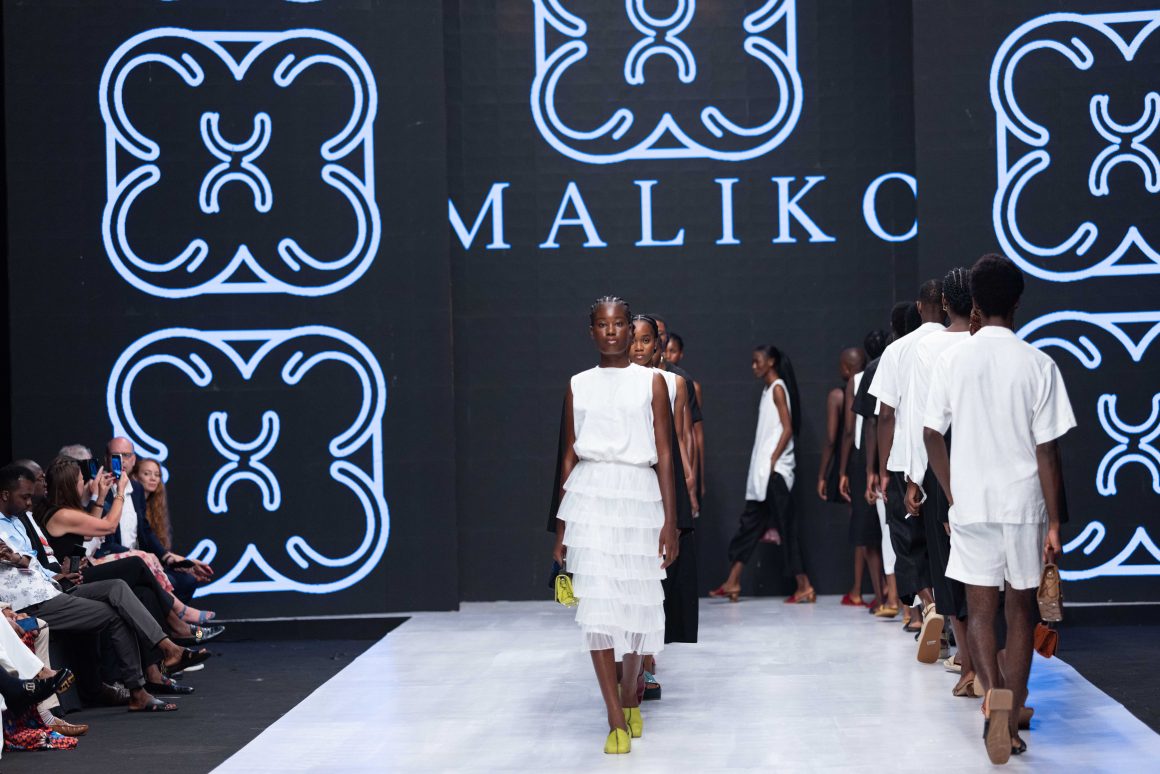
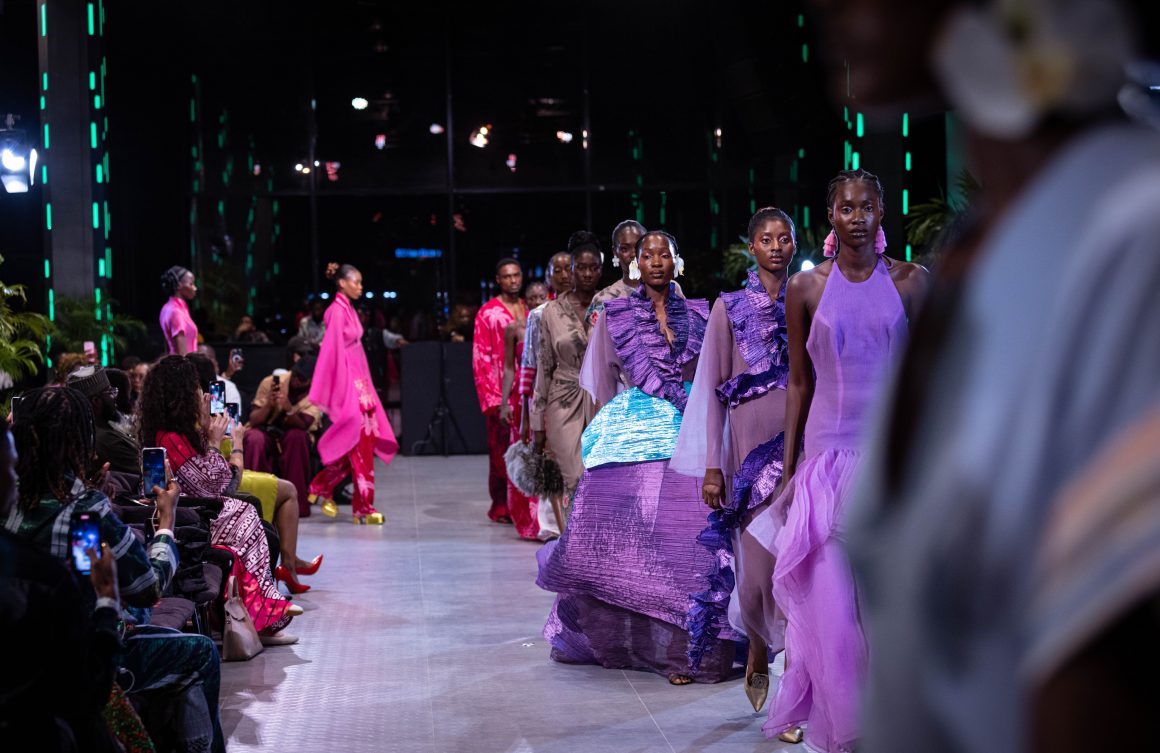
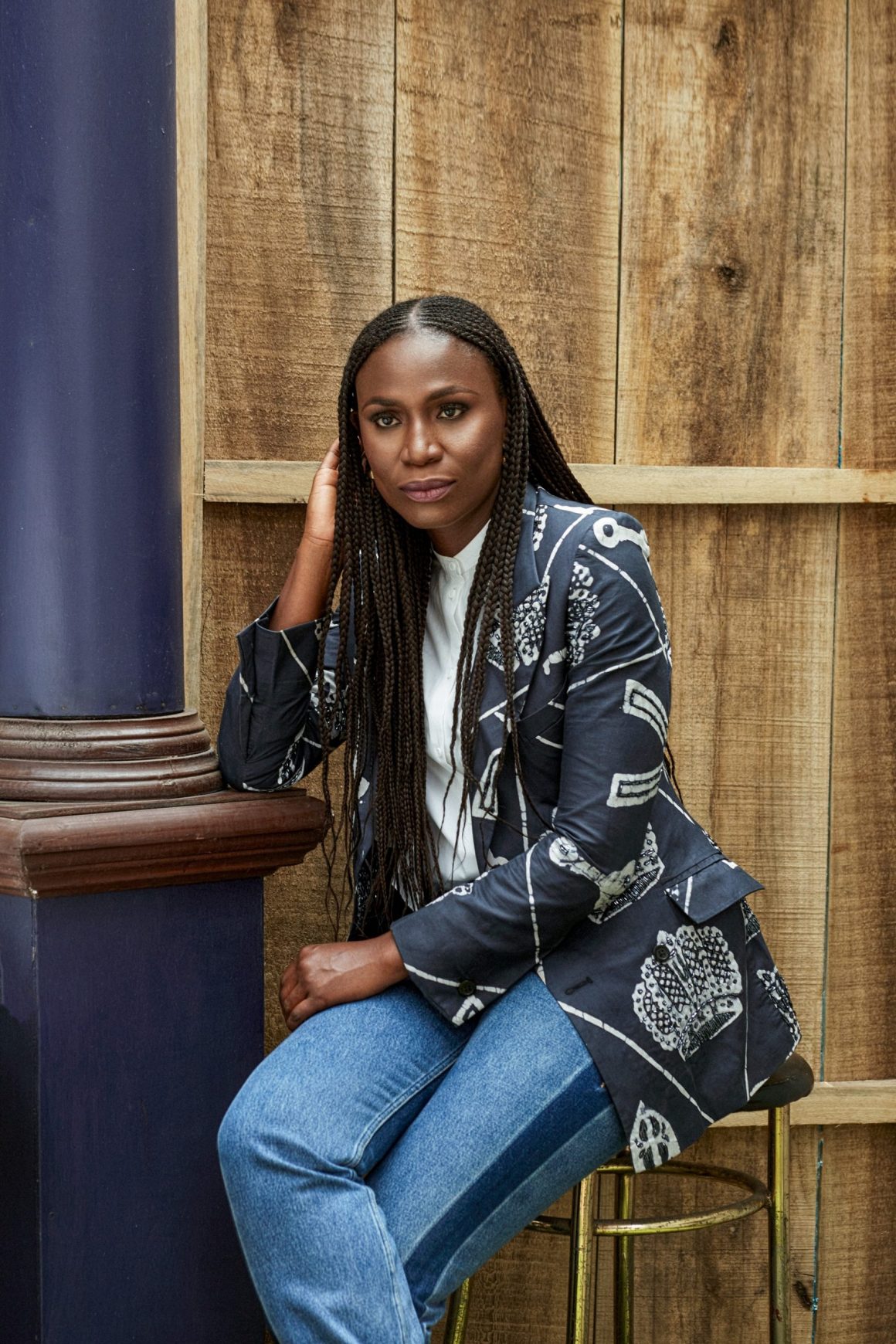
Art X Lagos: Showcasing African Art on the Global Stage
Art X Lagos has become a frontliner for contemporary African art, drawing collectors, curators, and artists worldwide. Launched in 2016 by Tokini Peterside, the fair has redefined how the world sees African art. From its modest beginnings, Art X Lagos has grown to be West Africa’s premier art fair, spotlighting contemporary African artists and facilitating the sale of millions of naira worth of art annually.
This year’s edition of Art X Lagos is set to be another blockbuster, with an eclectic mix of painters, sculptors, and digital artists pushing the envelope. The success of artists showcased on this platform demonstrates the growing global appetite for Nigerian and African art, with the fair playing a pivotal role in ensuring African artists have a seat at the table on the world stage.
What’s fascinating about Art X Lagos is how it’s not just a gallery for traditional art but also a platform for exploring new media. Digital art and NFTs have become a major talking point in recent years, and Nigeria, with its tech-savvy youth population, is poised to become a leader in this space.
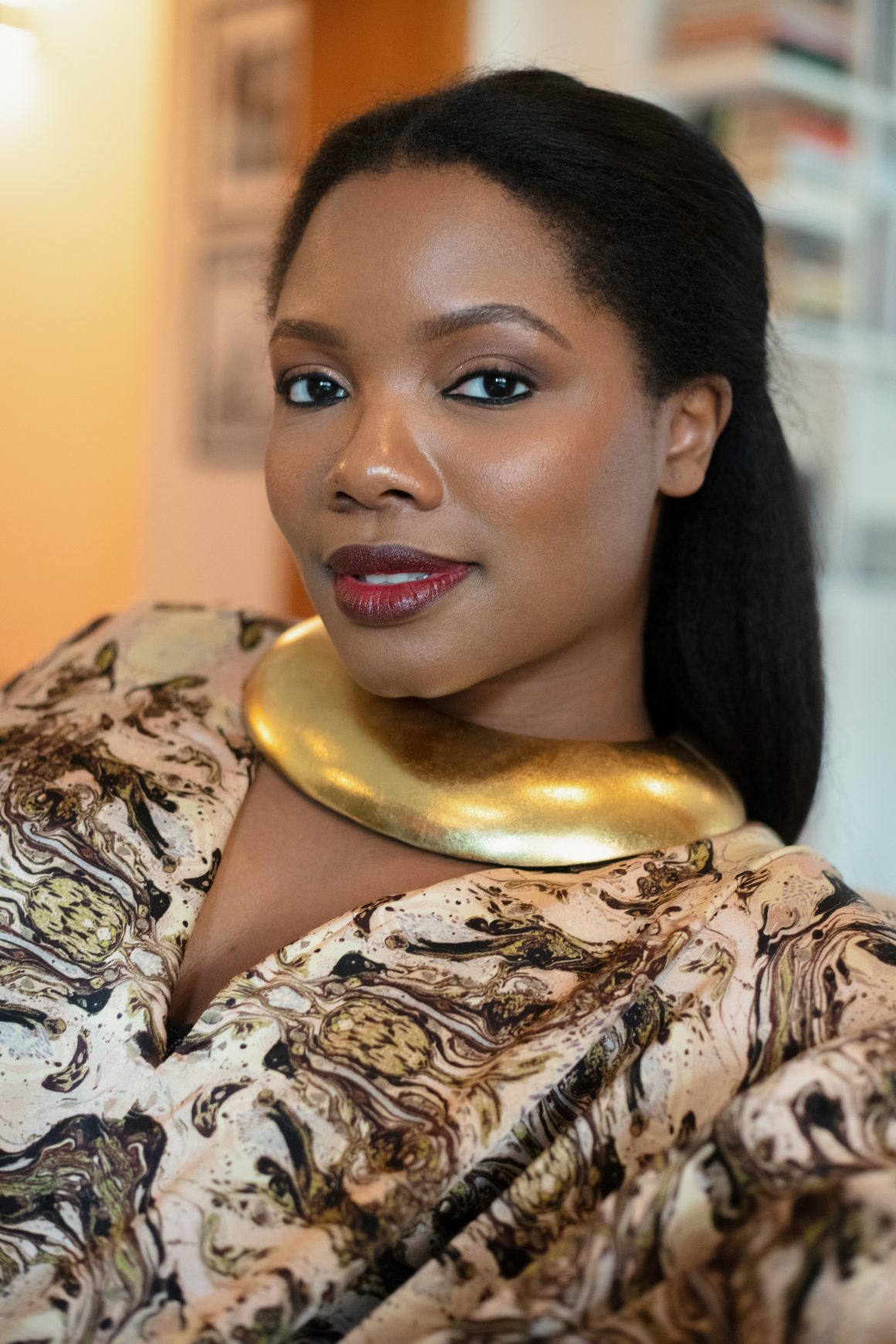
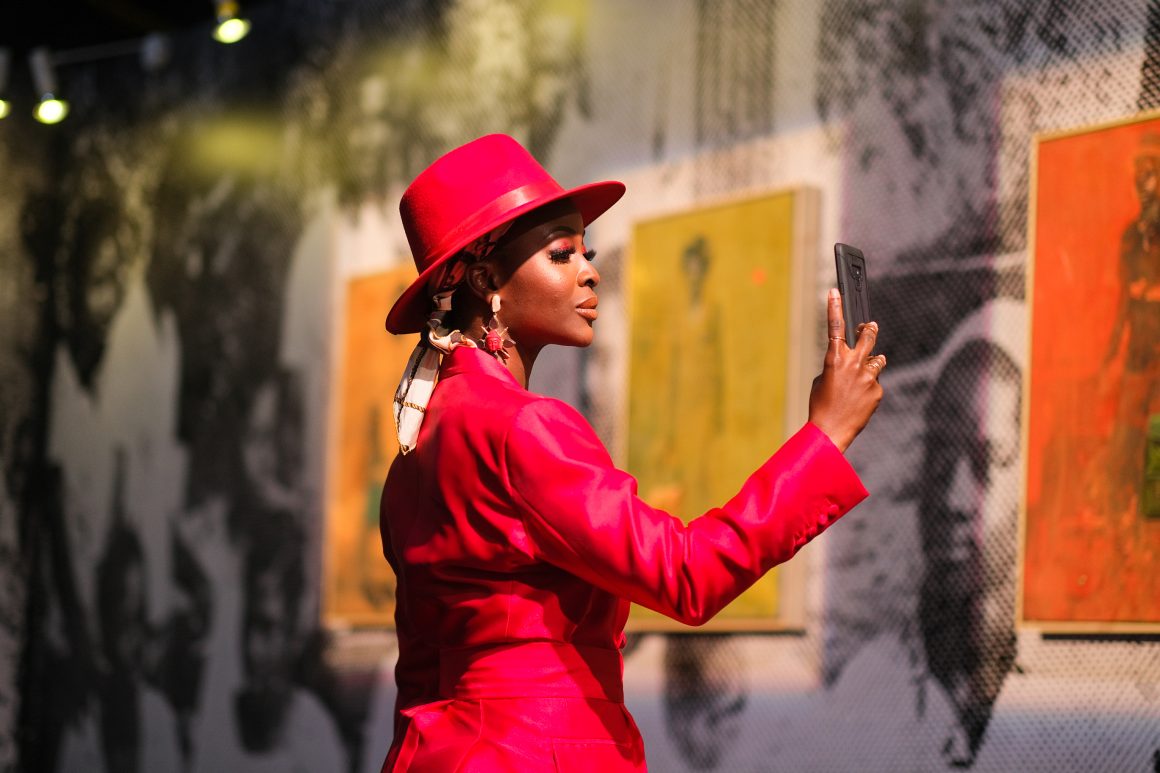
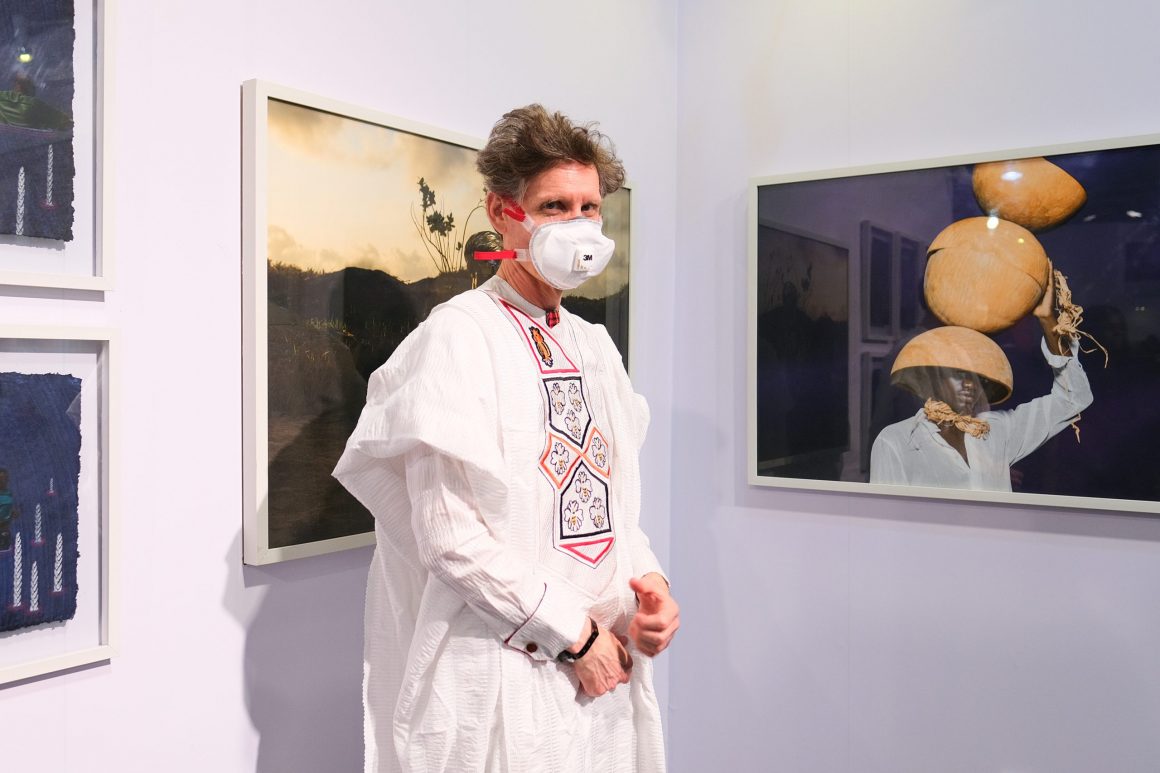
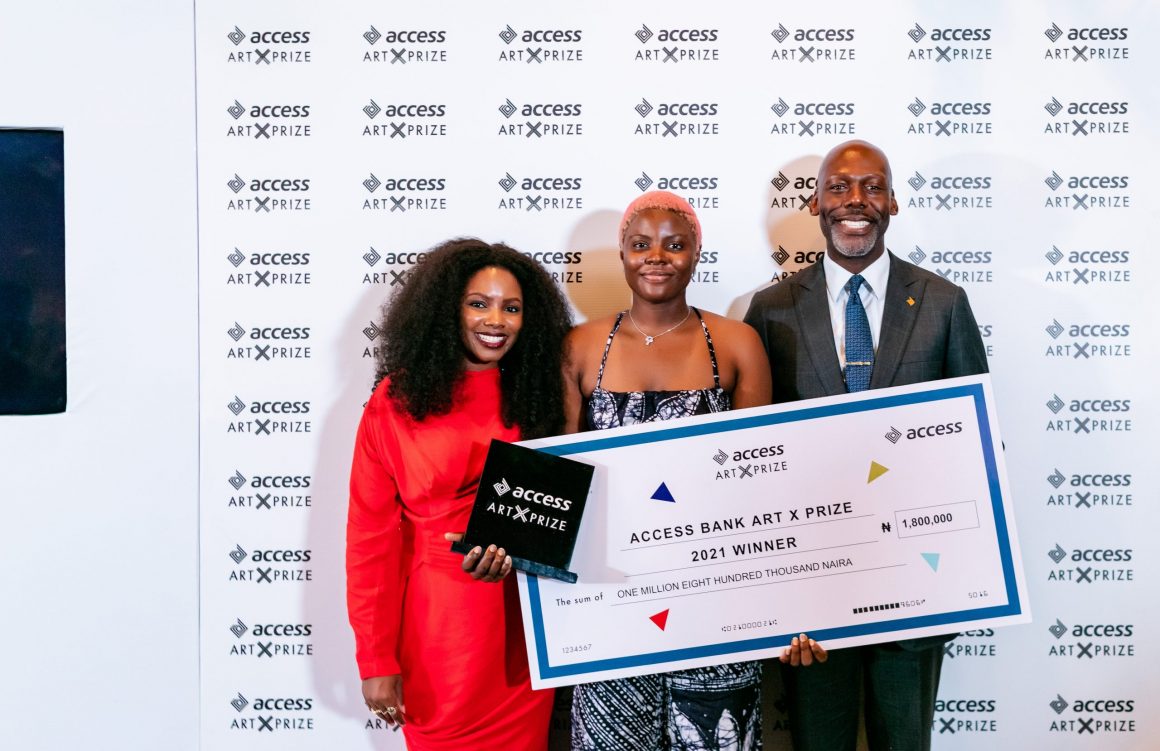
AFRIFF: Storytelling for the Next Generation
Film has always been a powerful medium in Nigeria, with Nollywood cementing its place as the second-largest film industry in the world. The Africa International Film Festival (AFRIFF) has become a cornerstone of this industry, showcasing the very best of African cinema. Launched in 2010 by Chioma Ude, AFRIFF has created a platform for screening films and fostering collaboration between African filmmakers and the global film community.
AFRIFF 2024 promises to be an exciting melting pot of talent, with a line-up that includes established filmmakers and new voices in African cinema. Films like “Breath of Life,” directed by BB Sasore, and “The Milkmaid,” Nigeria’s entry for the Oscars in 2022, have found their footing through festivals like AFRIFF. But beyond film screenings, AFRIFF has become a hub for important discussions on the future of African cinema. As Ude herself puts it, “We’re not just telling stories; we’re shaping narratives, and AFRIFF is helping filmmakers do just that.”
Interestingly, the 2023 edition of AFRIFF spotlighted the intersection of film and technology, with panels dedicated to exploring the use of Virtual Reality (VR) in filmmaking. This is a sign that Nigeria’s film industry is not just resting on the laurels of its past success but is looking towards future innovations. With streaming platforms like Netflix investing heavily in Nollywood, the future looks bright for Nigerian cinema.
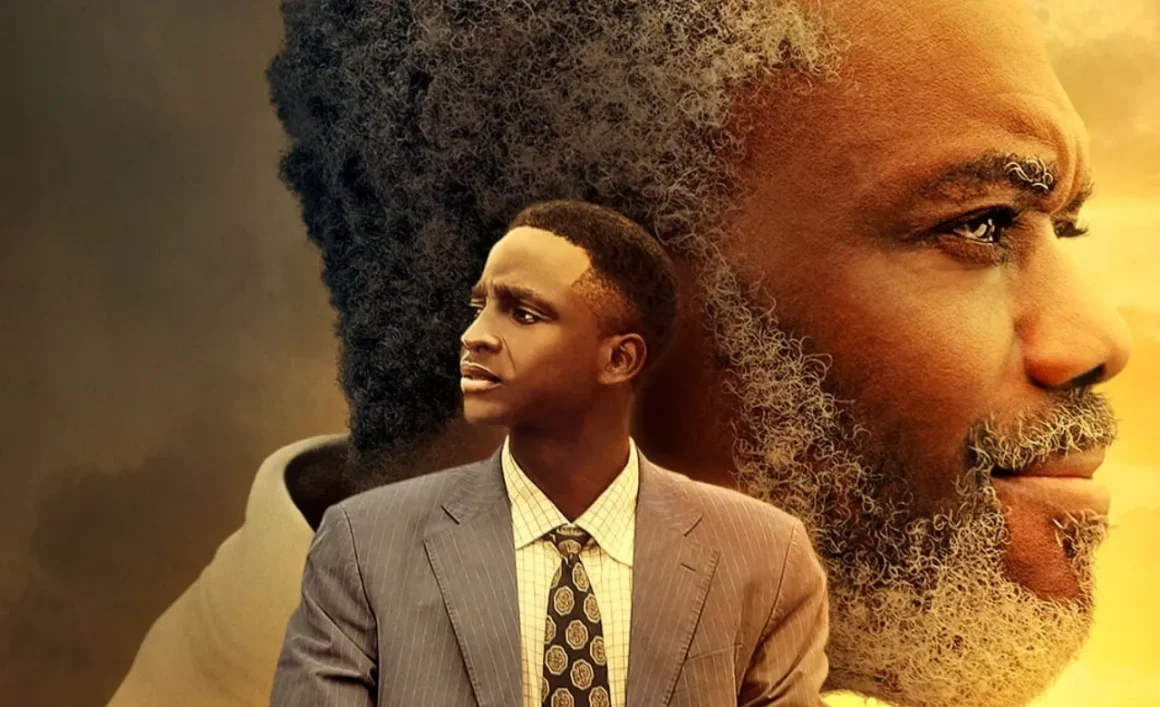
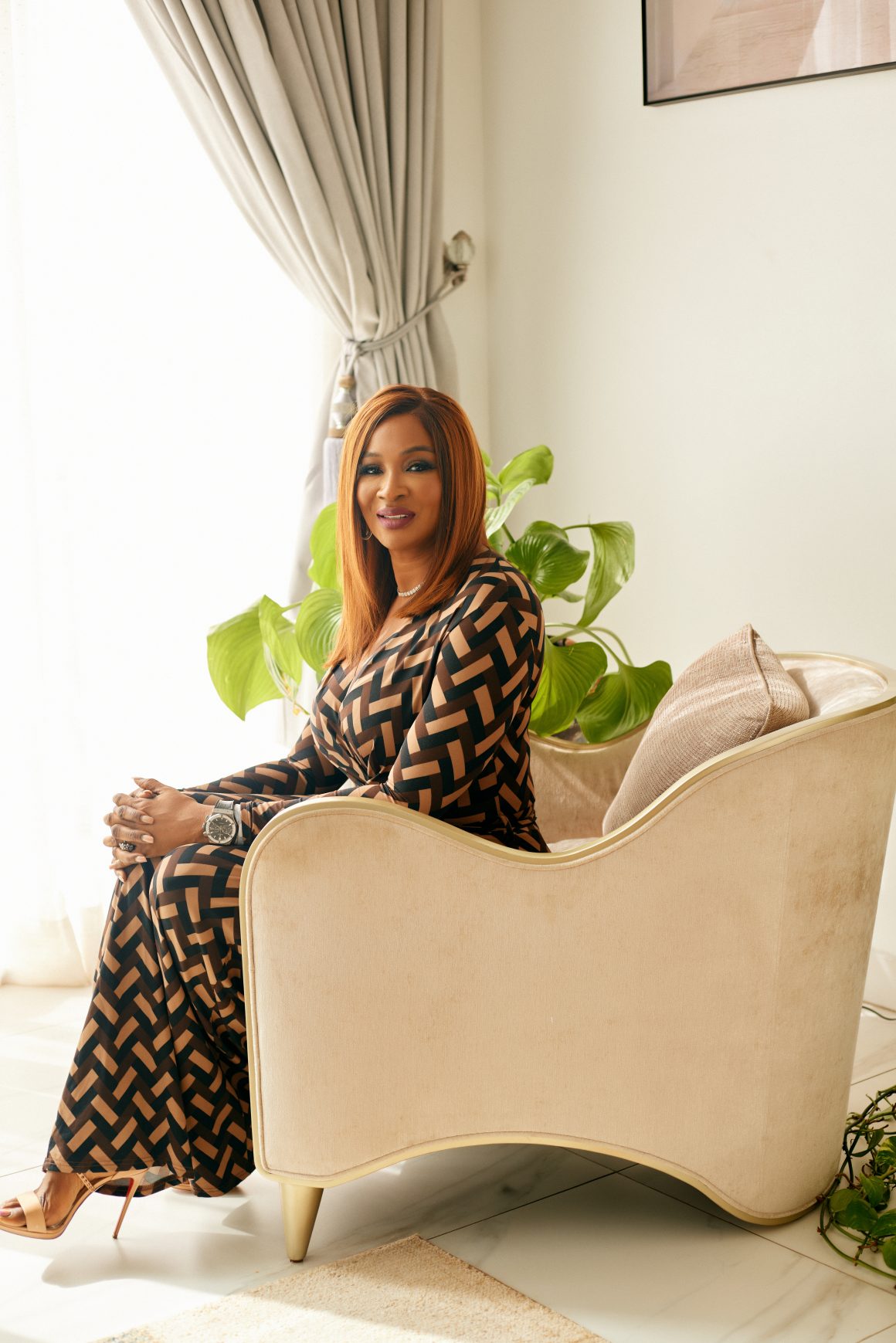
Design Week Lagos: A Blueprint for Creative Innovation
Design Week Lagos, led by founder Titi Ogufere, is another bold platform celebrating the best African design, from architecture to product design. It’s the kind of event that shows the breadth and diversity of Nigeria’s creative talent beyond the usual suspects of fashion and film. Over the years, the event has highlighted design’s role in solving real-world problems, from affordable housing to sustainable development.
The 2024 edition of Design Week Lagos featured cutting-edge works from Nigerian and African designers. From architectural innovations to everyday products, the event bridged the gap between art, design, and functionality. According to Ogufere, “Design Week Lagos is about pushing the boundaries of what’s possible in design, and more importantly, finding solutions to Africa’s unique challenges.”
What’s exciting is the event’s focus on sustainability. As the world grapples with environmental concerns, Nigerian designers are leading in creating innovative and eco-friendly solutions. Designers like Tosin Oshinowo are making waves globally with their unique takes on sustainability, blending traditional African materials with modern design techniques.
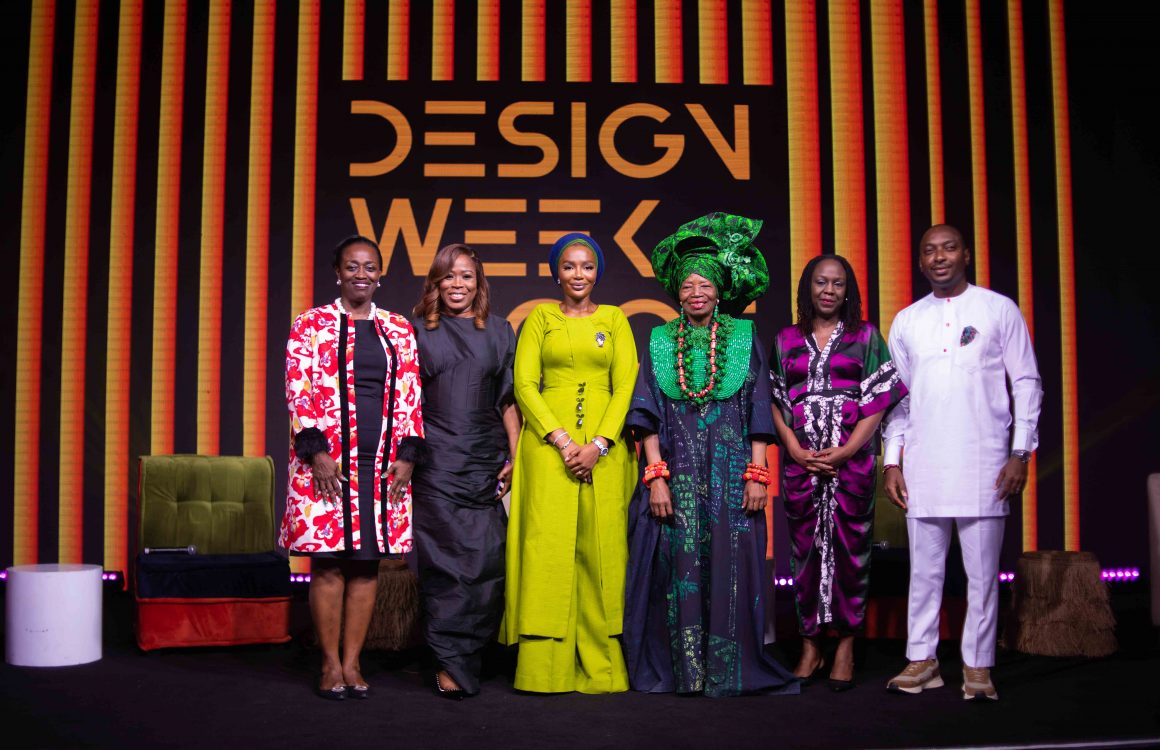
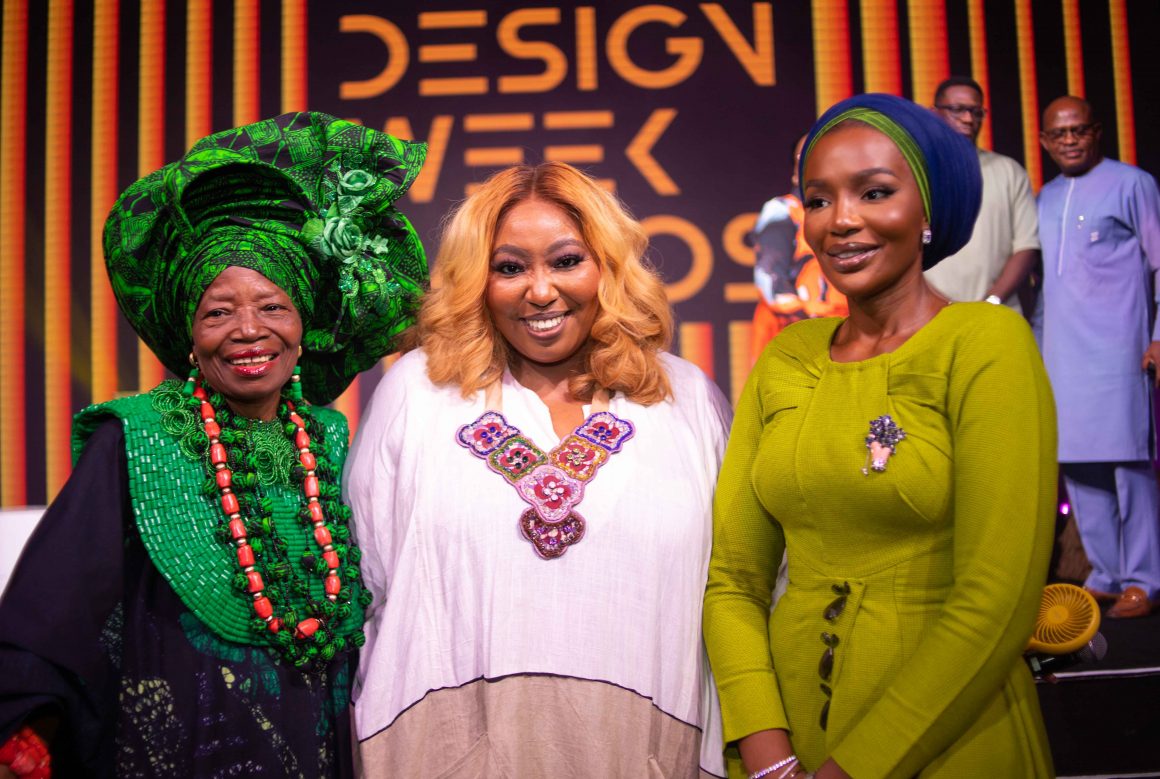
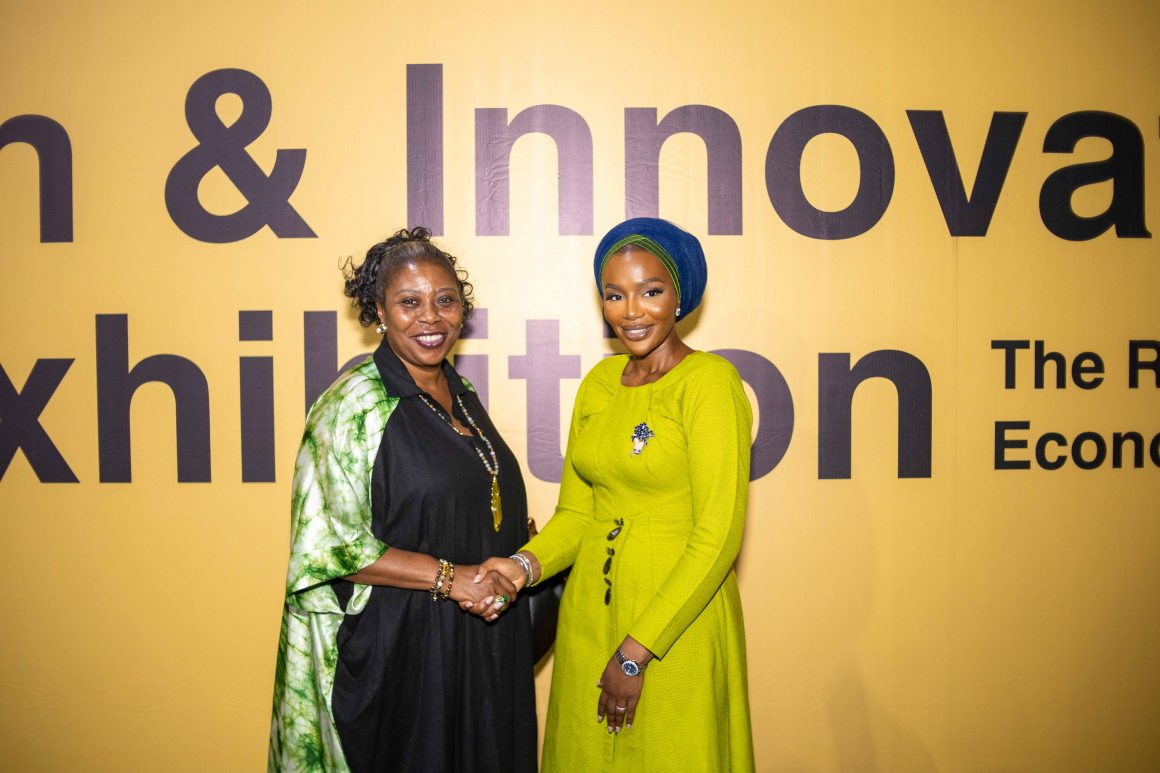
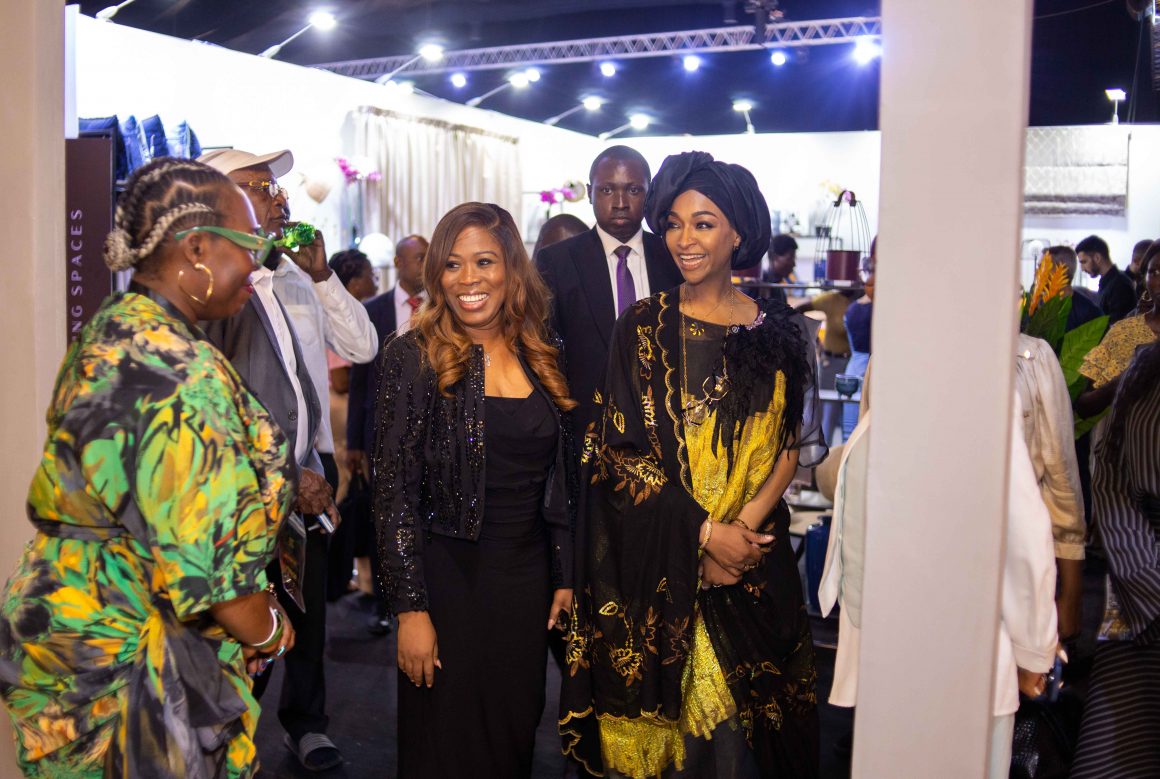
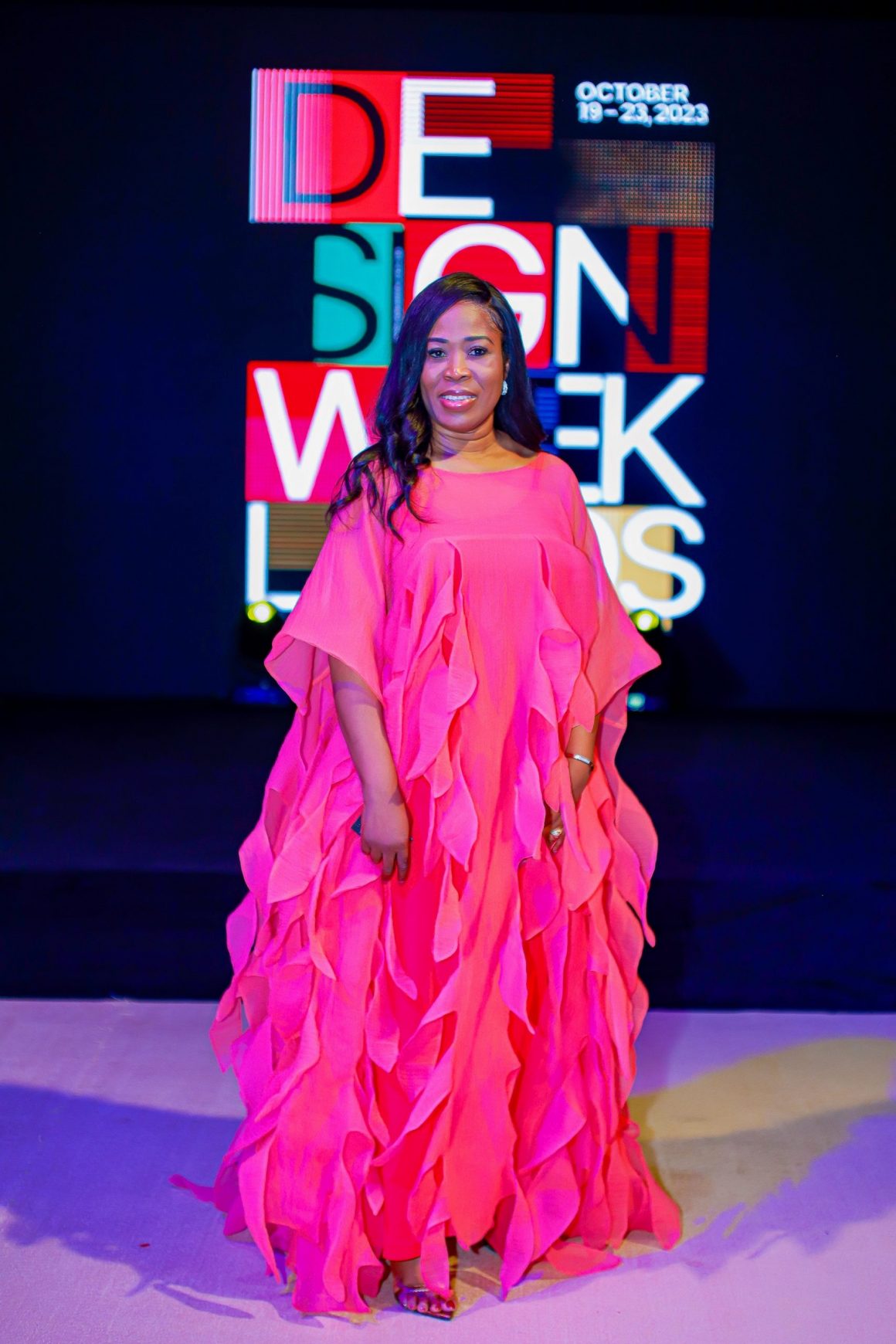
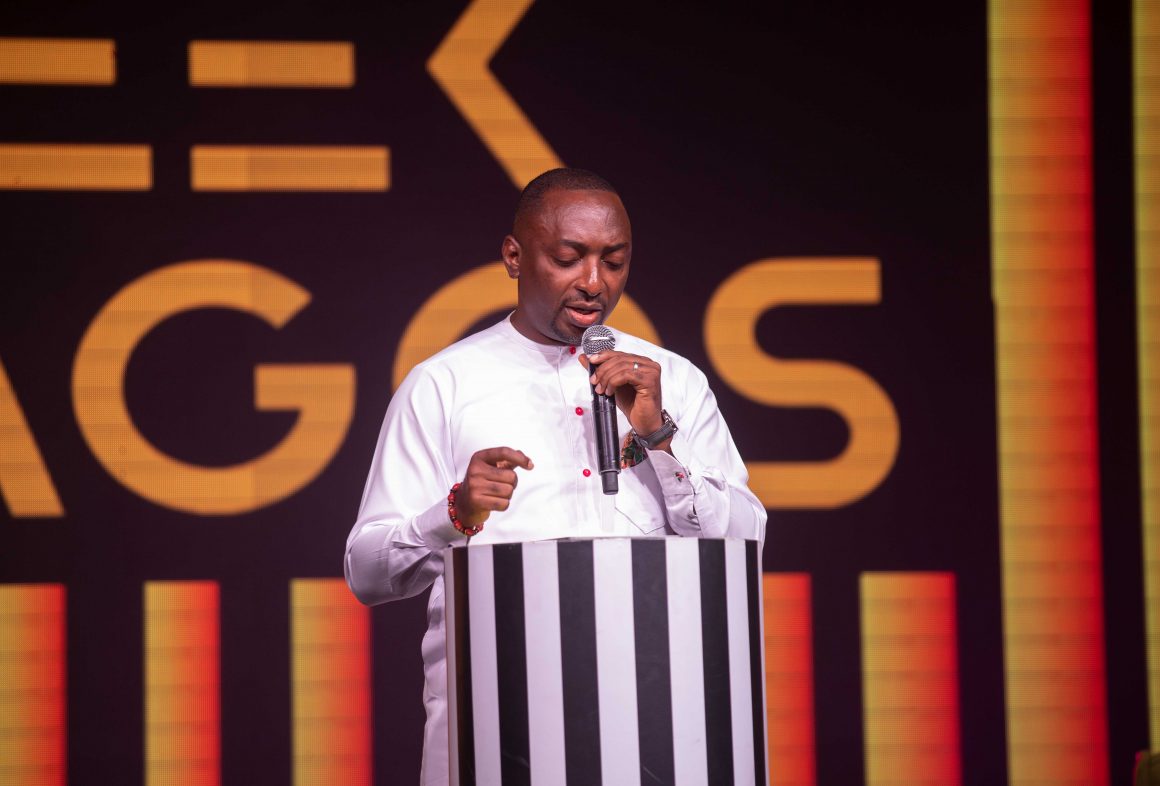
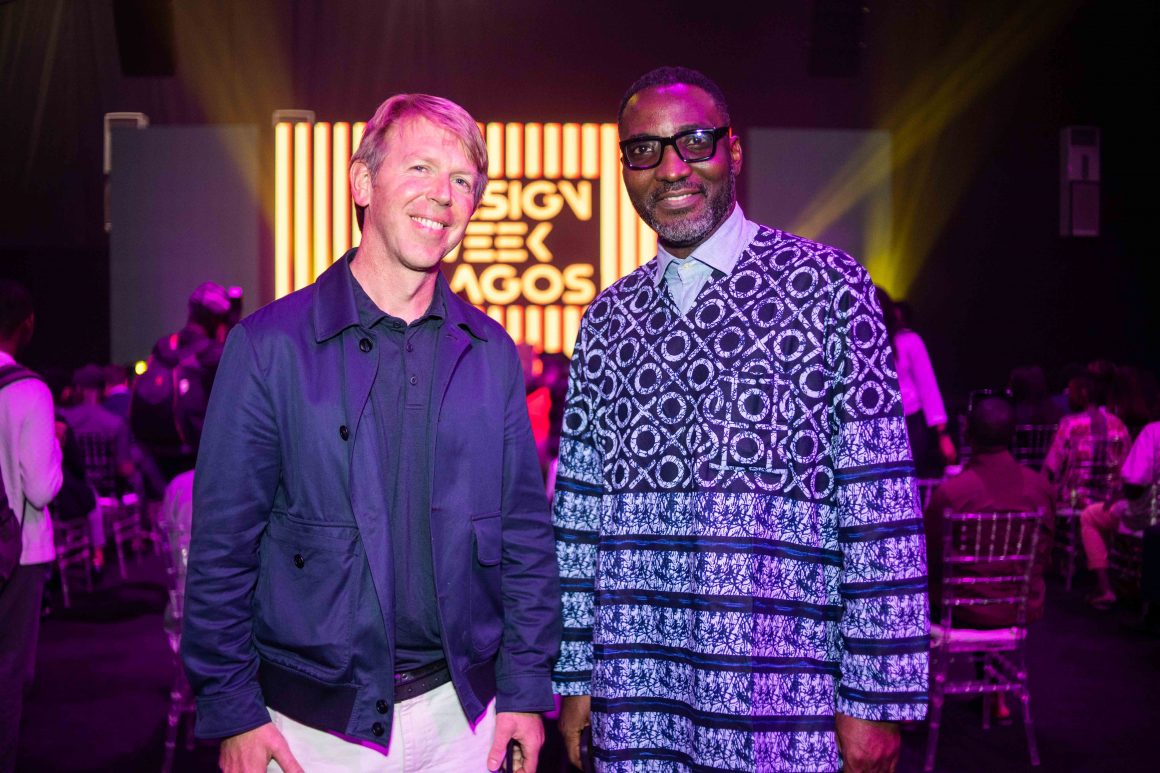
What the Numbers Say
The Nigerian creative economy is becoming increasingly robust. It is becoming so huge that it now employs more than four million Nigerian youth who ordinarily would have been unemployed.
The numbers tell a story of resilience and growth. Other statistics say Nigeria’s creative industry was valued at over $7 billion in 2020 and is projected to grow by 30% by 2025. Fashion, film, music, and art drive this growth, contributing significantly to Nigeria’s GDP and offering employment to millions of young Nigerians.
The film industry alone is worth over $1 billion, while the fashion industry is set to reach $10 billion by 2025. These industries are also creating jobs, with Nollywood employing over 1 million people annually and the fashion industry providing jobs for millions more across its value chain. The impact isn’t just local; Nigerian creatives are making waves globally. From Grammy-winning artists like Burna Boy to fashion brands like Emmy Kasbit, Nigeria is exporting its culture to the world.
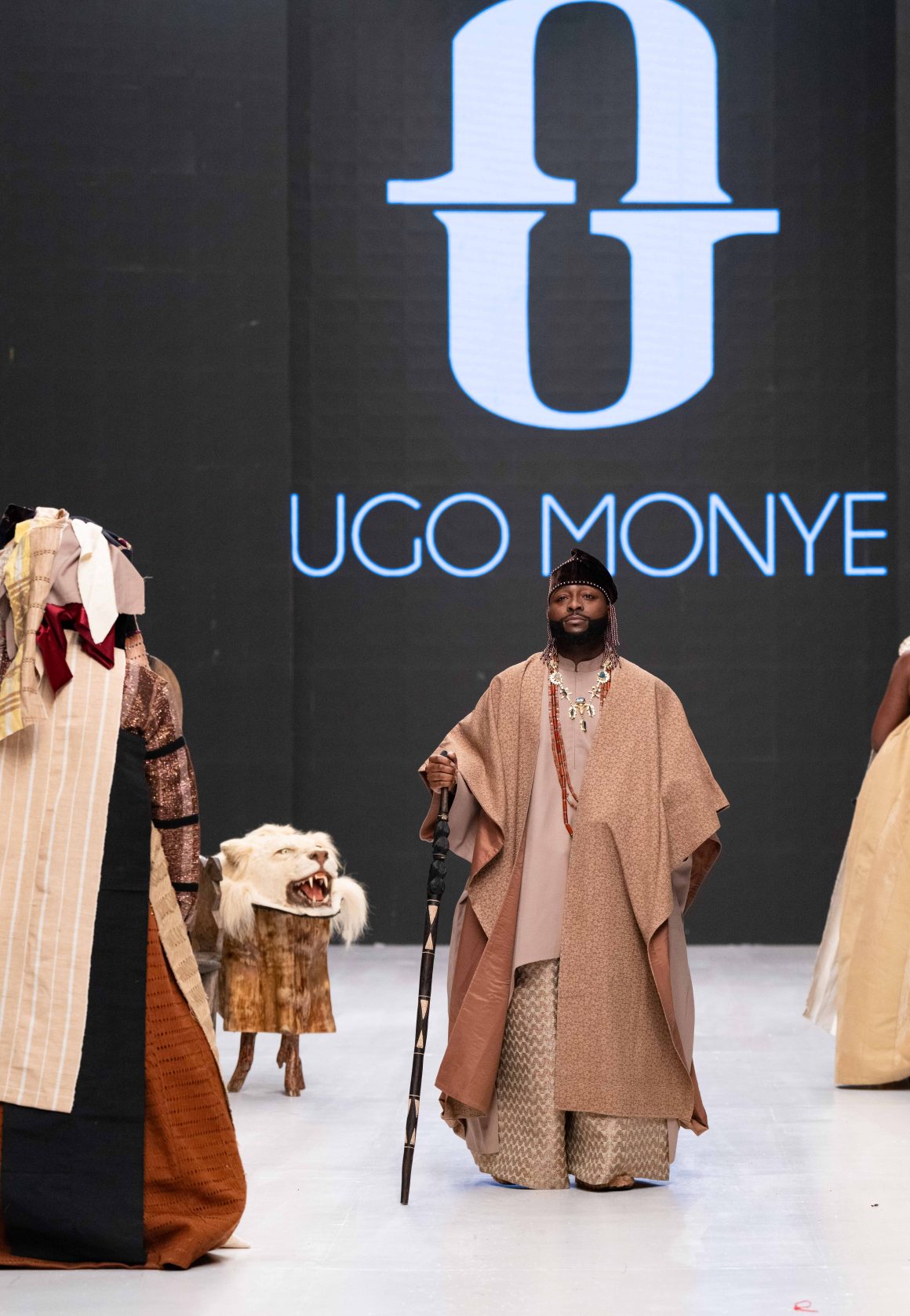
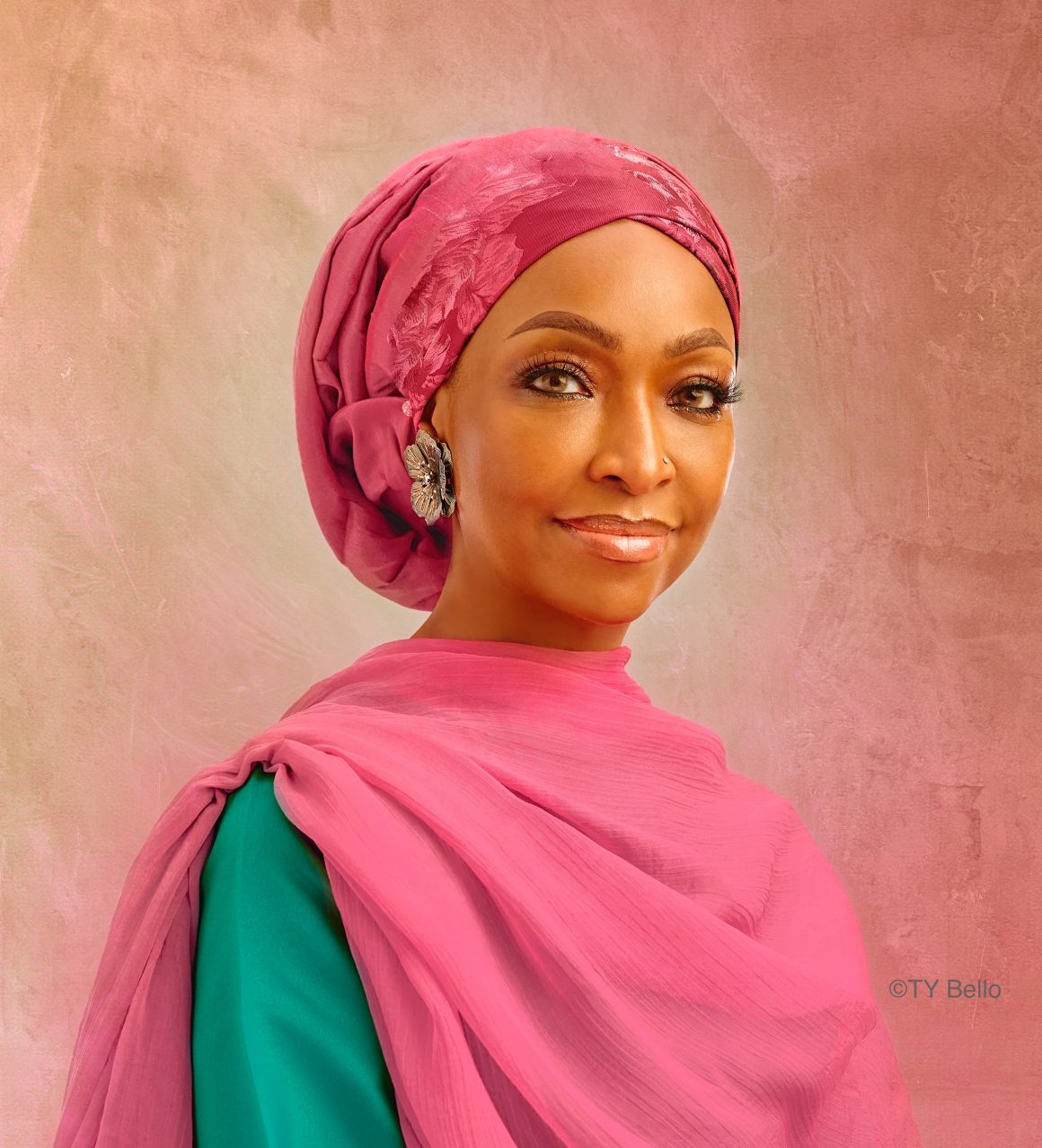
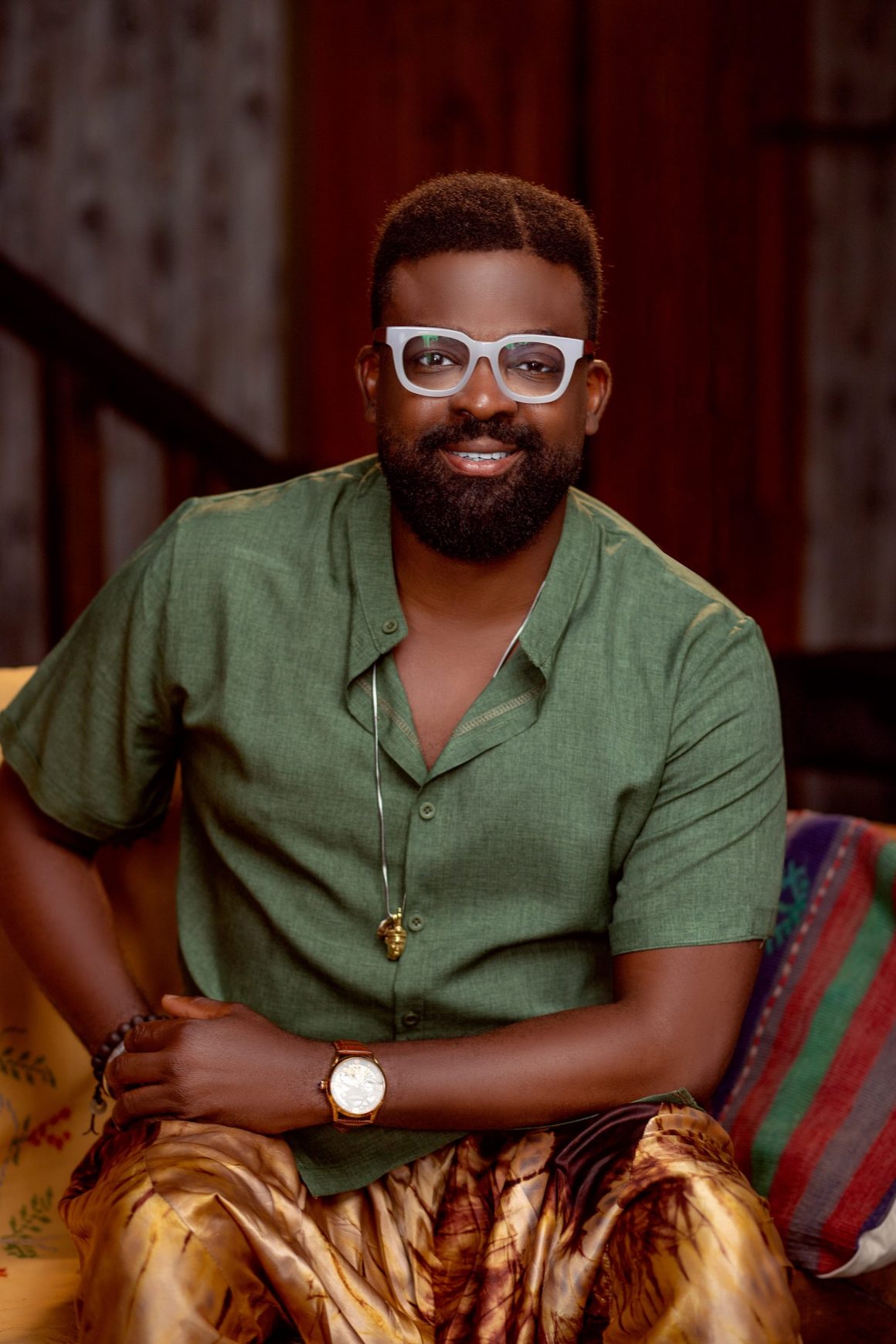
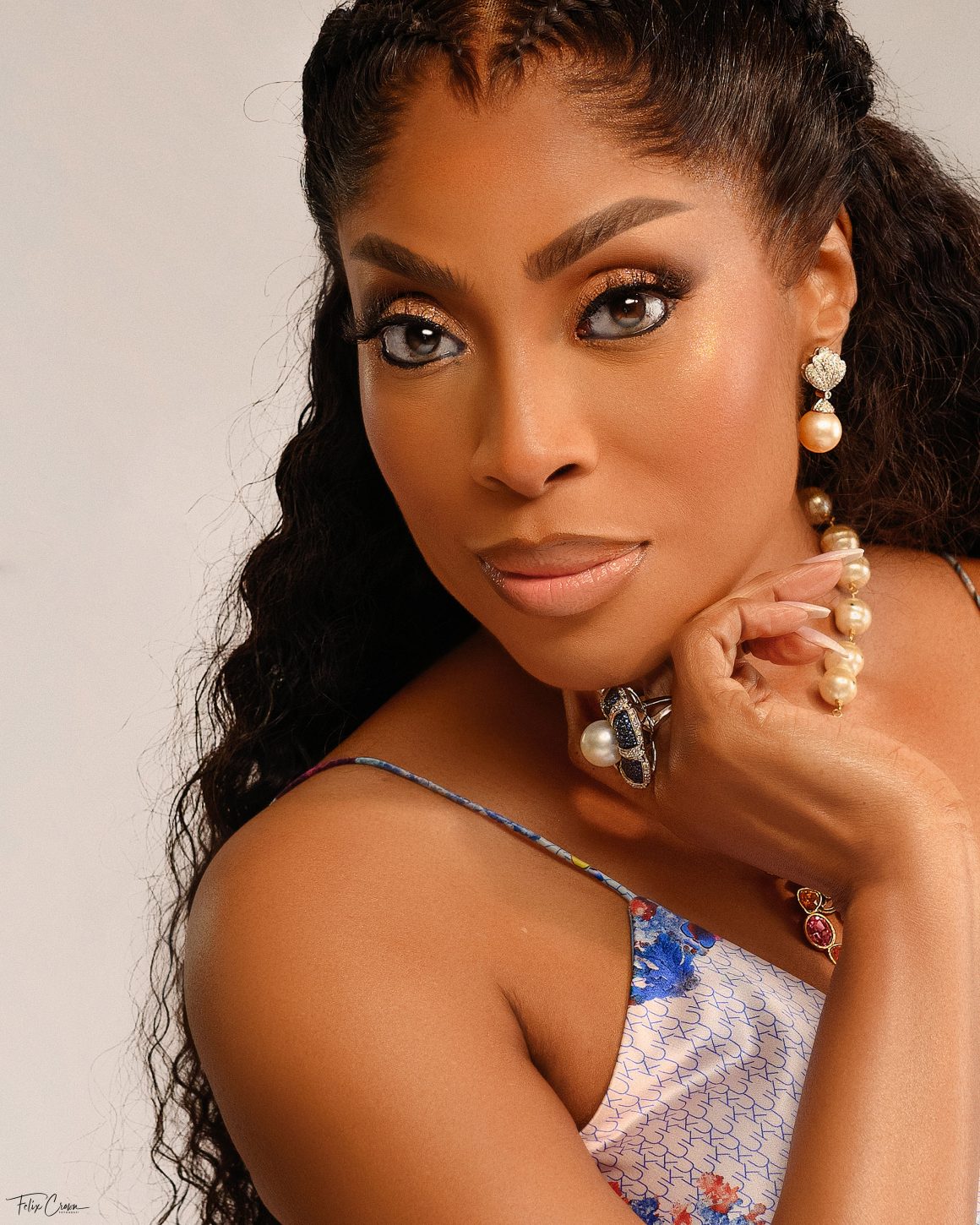
Challenges and the Way Forward
Despite the vibrant atmosphere and government support, the Nigerian creative industry faces challenges that must be addressed. The harsh economic realities—including high production costs, inflation, and limited access to quality materials—are pushing many creatives to rethink their pricing strategies. A recent study revealed that over 60% of fashion brands have had to increase prices due to rising operational costs, which could alienate their customer base. “The cost of producing a garment here is sometimes double what it is elsewhere,” says a Lagos-based designer. “Electricity issues, high rent, and import duties all add up.”
Moreover, the issue of exportation remains a critical concern. While there’s a growing demand for Nigerian creative products globally, navigating the complexities of international trade can be daunting for many creatives.
“We’re dealing with inflation, an erratic power supply, and exorbitant import costs,” explains fashion designer Lanre Da Silva. It’s getting harder to create affordable pieces while maintaining high standards.
Yes, we’ve seen significant strides in Nigerian fashion going global. Our designers have dressed international celebrities, and their pieces have graced global runways. But the question remains: How do we move from spotlight moments to building a sustainable, export-oriented industry?
It’s not just about putting Nigerian designers on the map; it’s about creating a system where their work can thrive internationally. Nigerian brands need to deal with a slew of challenges, from securing international supply chains to understanding foreign markets. Add to that the cost of production, exacerbated by the lack of infrastructure at home. “It’s one thing to be the darling of the runway,” says fashion retailer Ozinna Anumudu, “but we need to build brands that can stand the test of time globally.”
The same goes for the Nigerian film industry, Nollywood. The sector has been churning out movies for decades, but as the global demand for African stories grows, Nigerian filmmakers must find ways to meet international standards while staying true to local narratives. Netflix’s increasing interest in Nollywood films, as seen with titles like Blood Sisters and Anikulapo, is encouraging. However, the general consensus believes the industry is just scratching the surface. “We have the talent and the stories,” says a Lagos based producer. “What we need now is better funding, stronger distribution networks, and the ability to tell stories that resonate globally.”
For an industry teeming with talent, what is lacking is often the necessary support systems. Production costs are through the roof, and creatives are often forced to work without the kind of financial backing that their peers in other parts of the world enjoy.
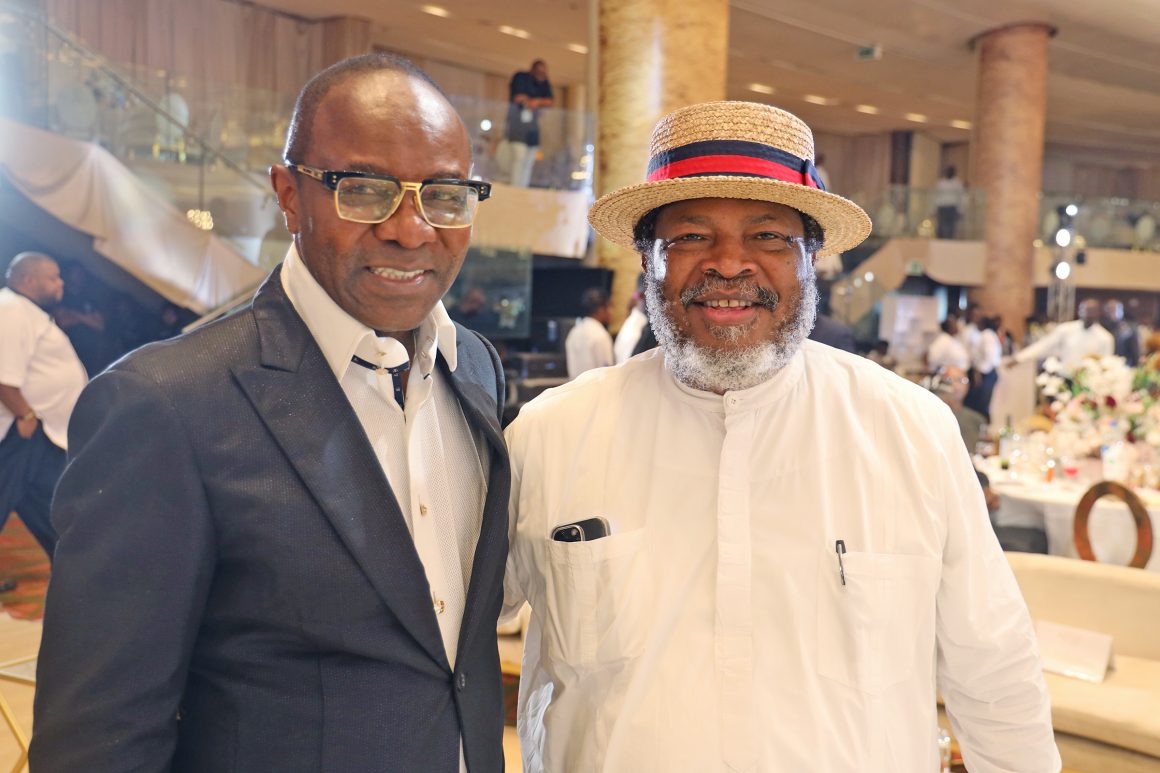
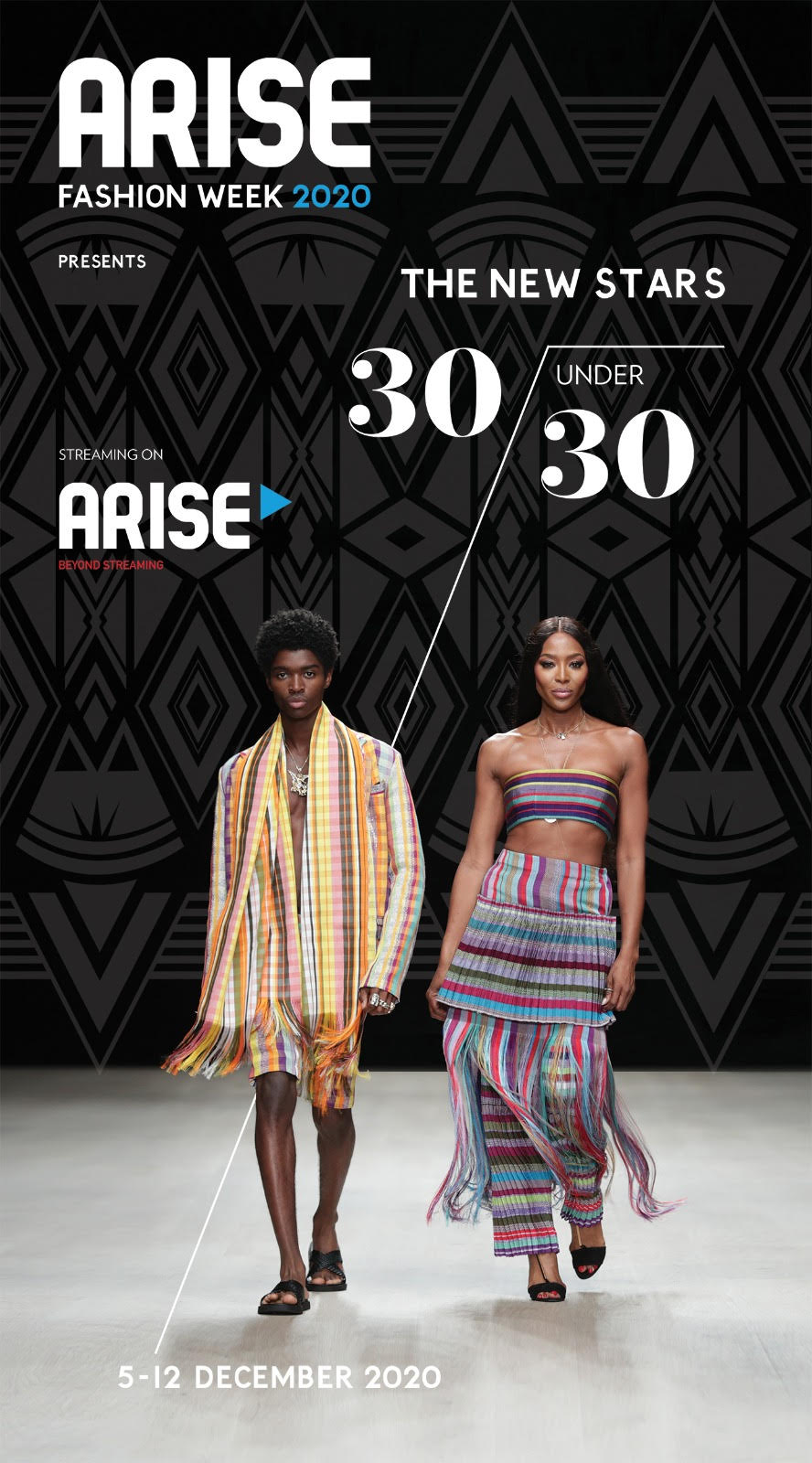
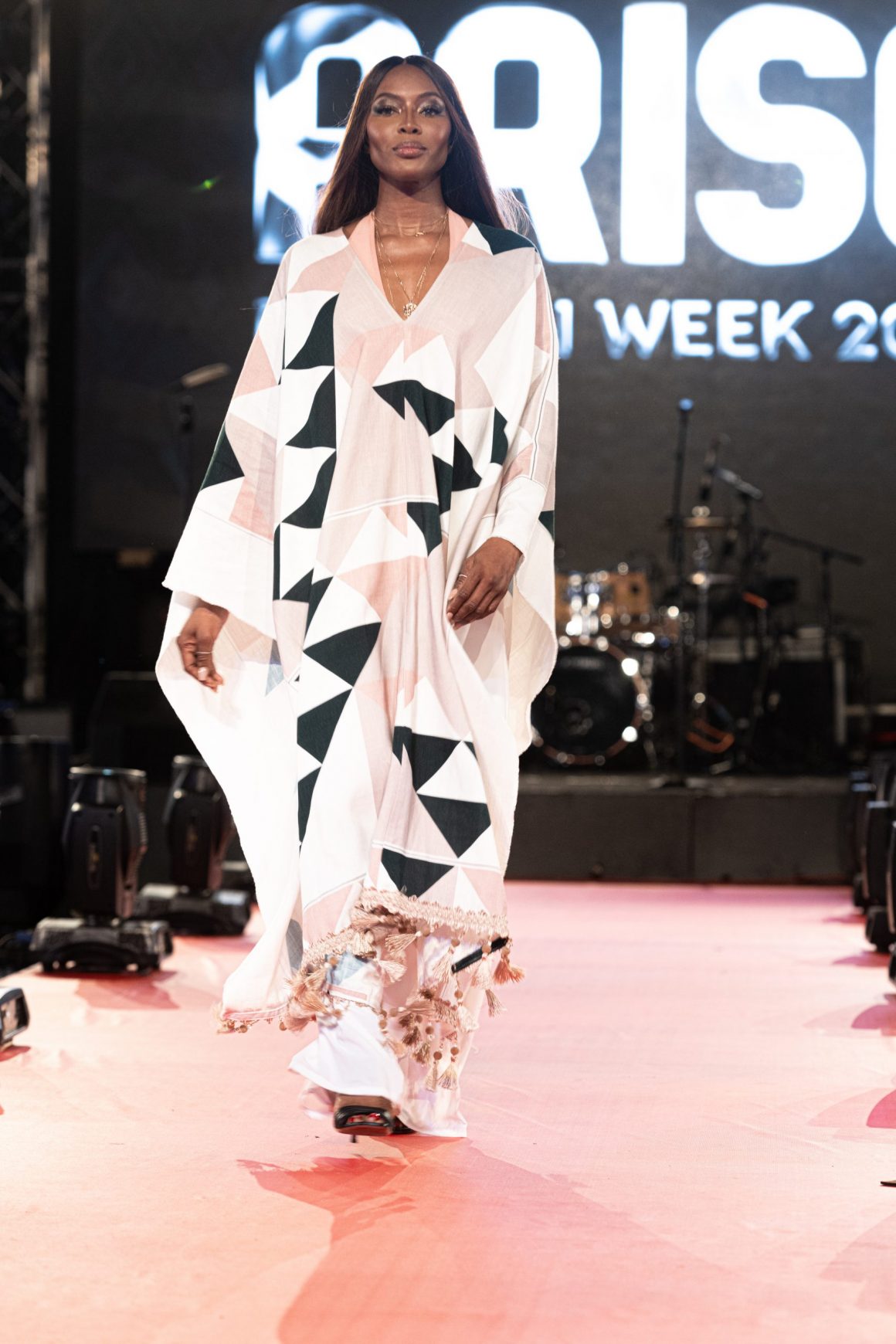
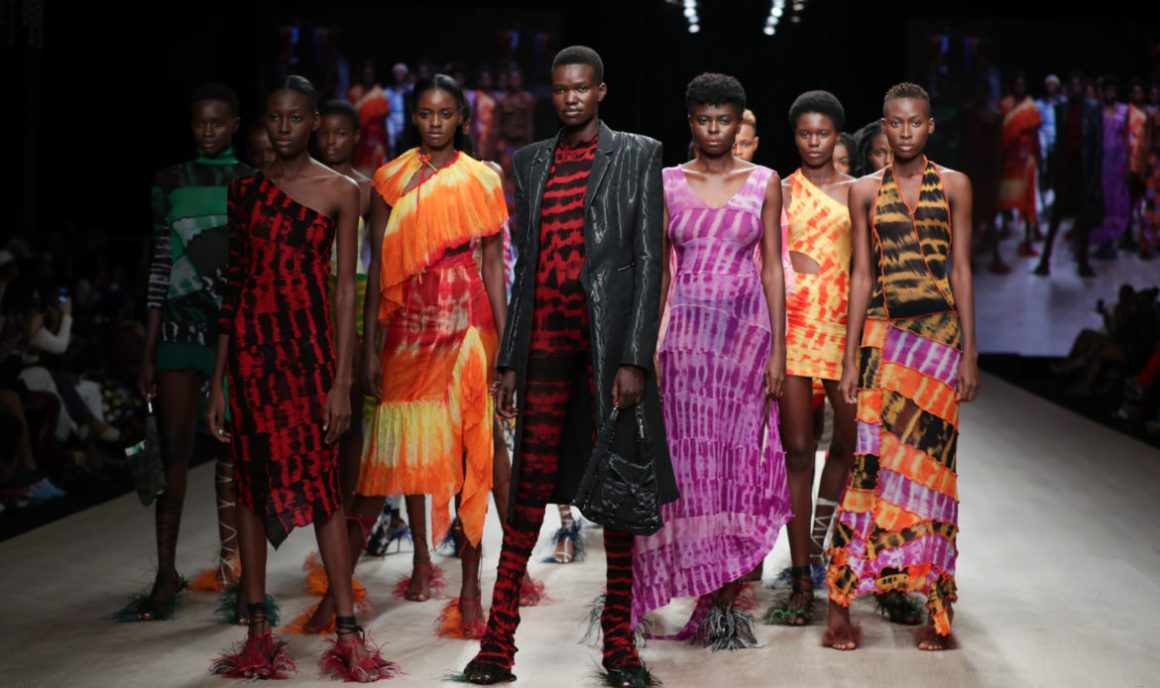
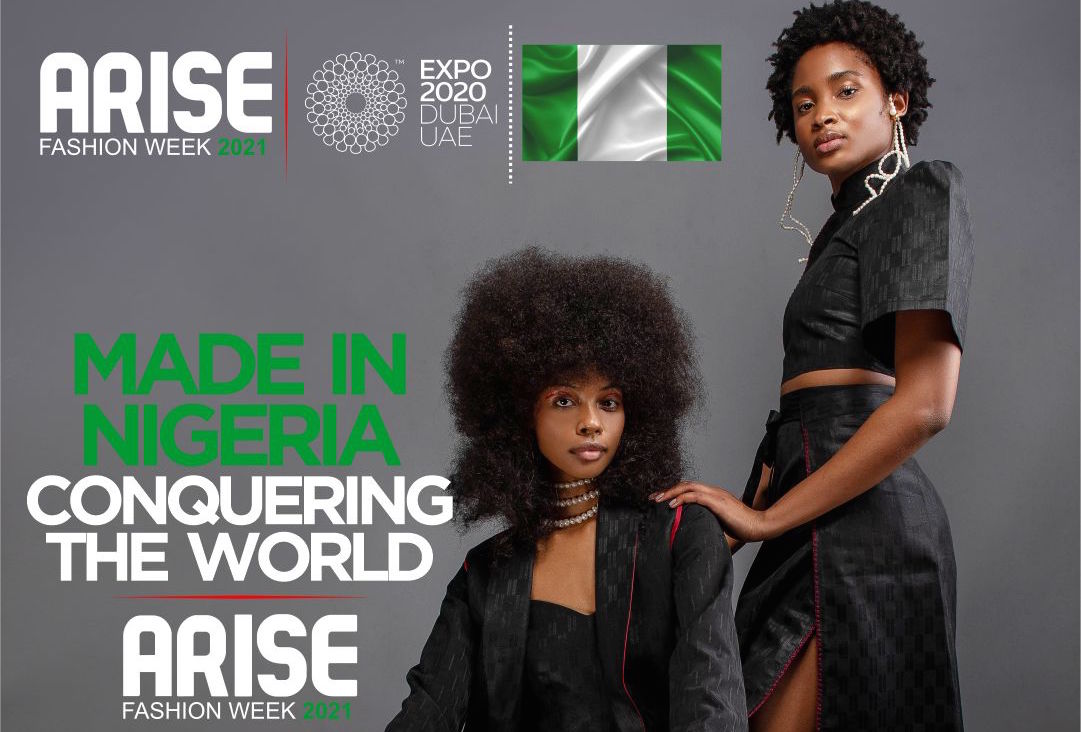
From time to time, the government supports creatives with funding specifically designed for fashion designers, filmmakers, and artists looking to expand their businesses. While this is a step in the right direction, many believe more needs to be done.
Enter the Minister of Art, Culture and the Creative Economy of Nigeria, Hannatu Musawa. Tasked with spearheading Nigeria’s creative sector’s next phase, Musawa has already laid out ambitious plans to streamline the industry and facilitate expansion into international markets. Her vision includes positioning Nigeria as a key player in the global creative economy by providing support systems for the film, fashion, and art sectors. “My focus is on addressing the critical things that will transform the cultural & creative economies, create jobs, build capacity, rekindle pride in our Heritage and reposition Nigeria as a global soft power”, she says.
Looking ahead, a culture of collaboration will be vital for the Nigerian creative industry. Events that encourage partnerships between designers, artists, and entrepreneurs can stimulate innovation and lead to the development of new ideas. Collaborative projects between various sectors—such as fashion and technology—could yield unique products that cater to a global audience.
One example of this is the rise of tech-driven fashion solutions in Nigeria. Startups are emerging that integrate technology into the fashion industry, from e-commerce platforms to fashion tech solutions that streamline production processes. This fusion of technology and creativity is paving the way for the next wave of innovation in the sector.
Social media has also been and will continue to be indispensable for creatives. Platforms like Instagram and TikTok have transformed how designers market their collections and interact with their audiences. Statistics indicate that over 60% of Nigerian creatives rely on social media for promotion, with many finding significant success in reaching international clients through these platforms. As an upcoming influencer, Ayo Lawal, pointed out, “Social media is not just a marketing tool; it’s a lifeline for many creatives. It allows them to tell their stories and connect with audiences in ways that were previously unimaginable.” This democratisation of marketing empowers individuals to showcase their talent without the need for traditional gatekeepers.
Another significant trend shaping the future of the Nigerian creative industry is sustainability. As global consumers become more conscious of their purchasing decisions, the demand for sustainable and ethically produced products is on the rise. Nigerian designers are increasingly embracing eco-friendly practices, from using locally sourced materials to adopting waste-reducing production methods. Fashion designers like Nkwo, Hertunba, and, lately, Banke Kuku are leading the charge by incorporating sustainable materials into their collections. This shift addresses environmental concerns and resonates with a growing consumer base prioritising ethical consumption.
One potential avenue for growth is the focus on exportation. Nigerian creatives need to think globally from the start. The international market is interested in what we offer—whether it’s fashion, film, art, or music. Designers must build networks that allow them to easily navigate the complexities of international fashion weeks, filmmakers should seek co-productions, and artists must leverage digital platforms to reach audiences far beyond Nigeria.
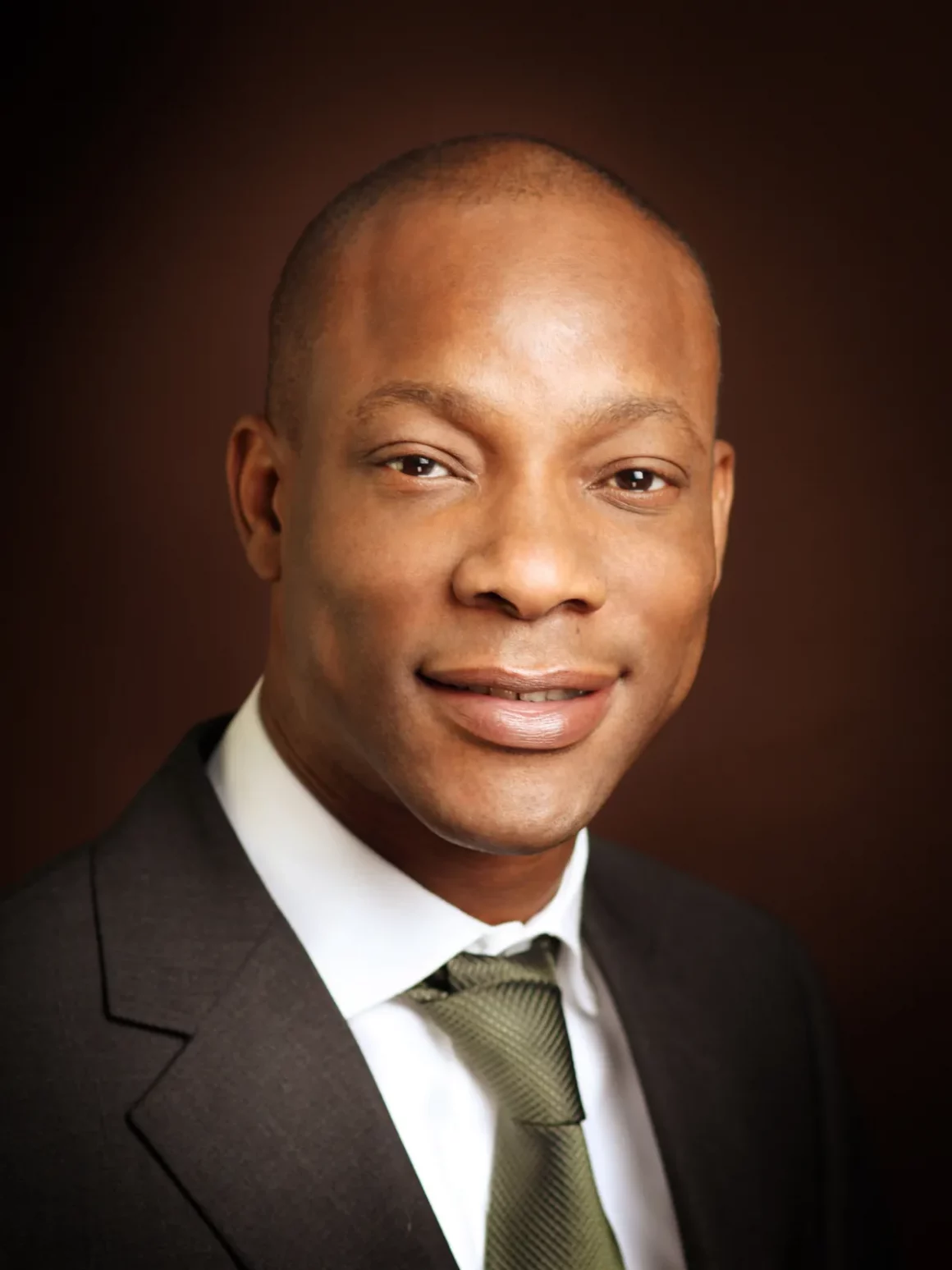
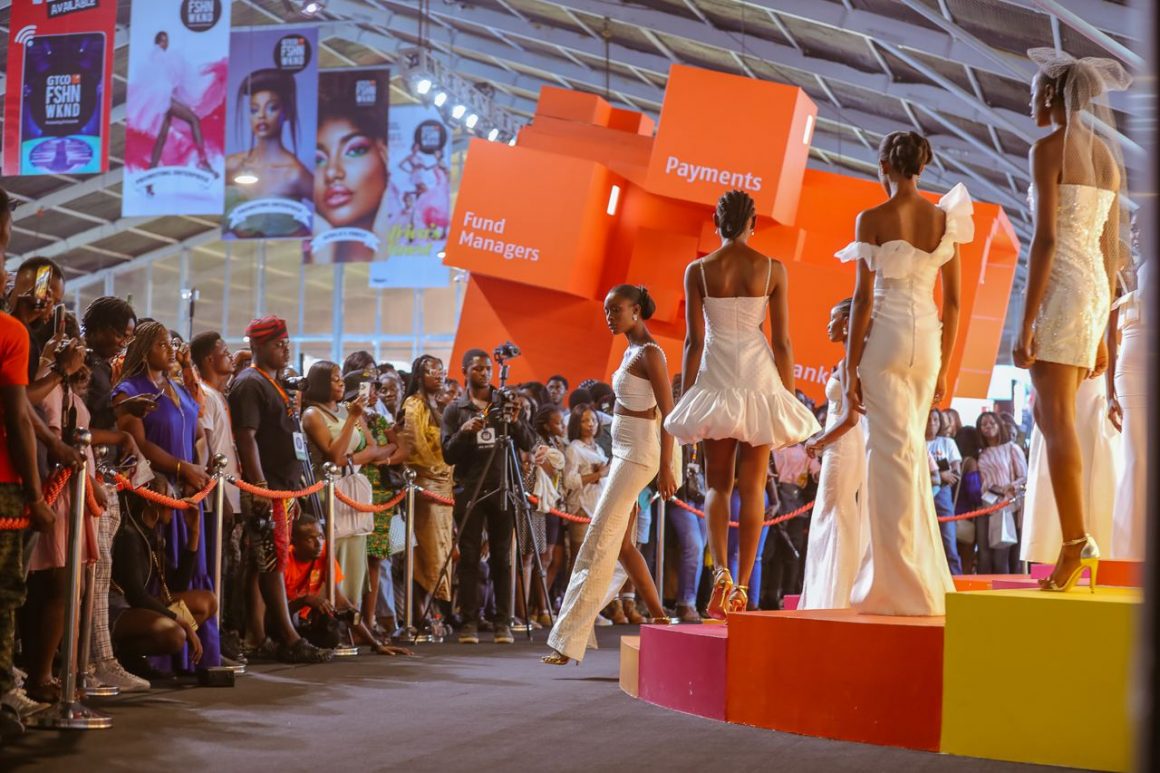
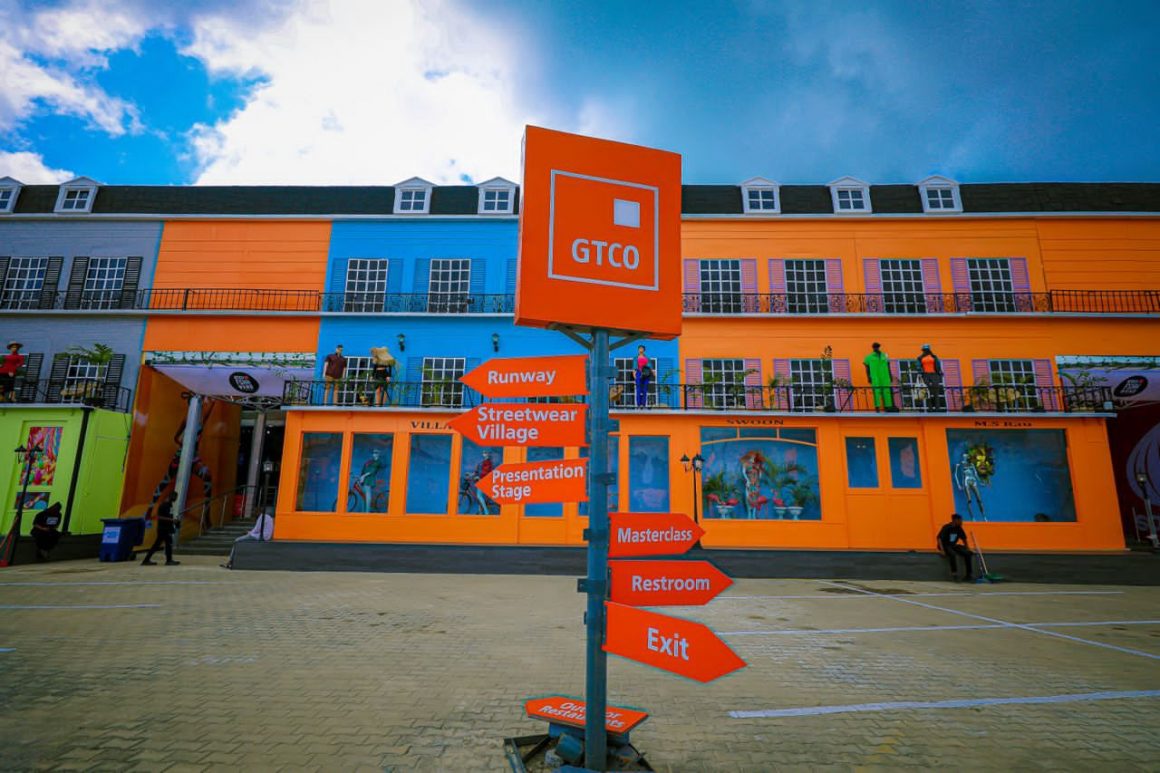
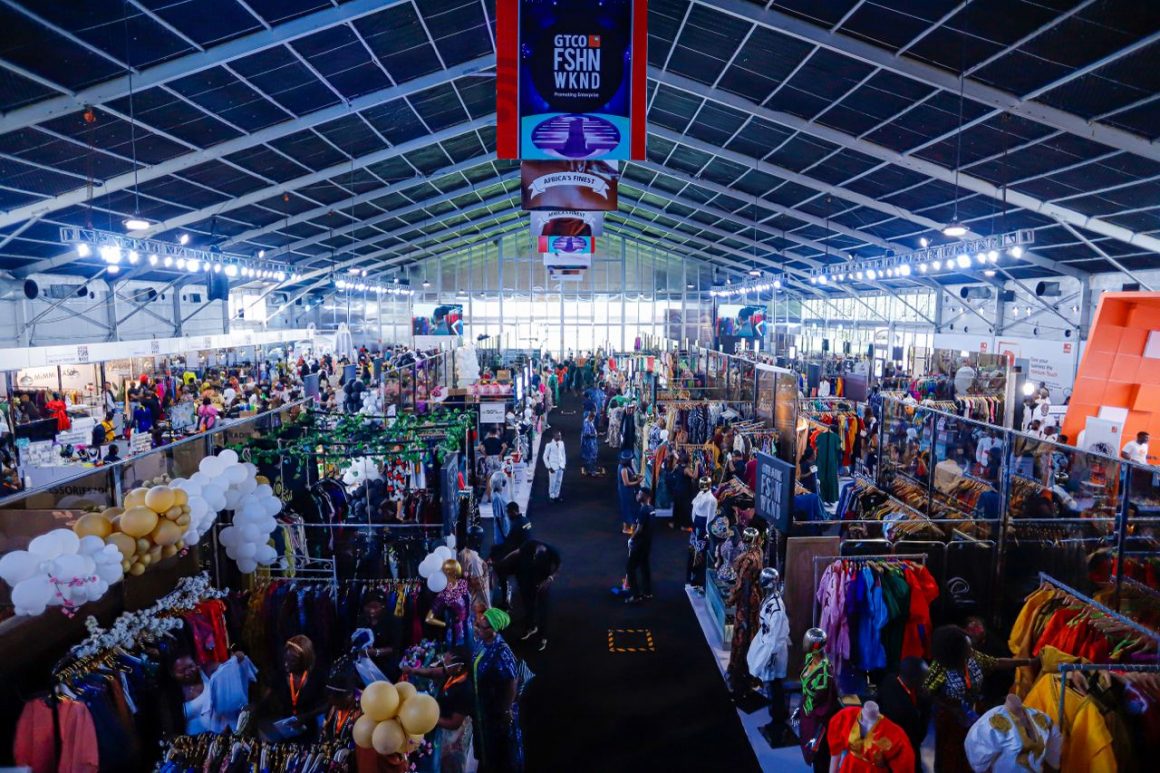
Finally, education is key. There needs to be an emphasis on creative education, not just in terms of honing craft but also understanding the business side of creativity. Courses on intellectual property, brand management, and the economics of art can make a world of difference in empowering creatives to create and thrive economically from their creations.
There’s an undeniable sense of promise during this creative season. We’re reminded of the wealth of talent that exists within our borders. But talent alone is not enough. As we celebrate, let’s also lay the groundwork for a future where Nigerian creativity knows no bounds—where our stories, art, music, and fashion continue to captivate audiences worldwide and contribute to the country’s growth in meaningful ways.

